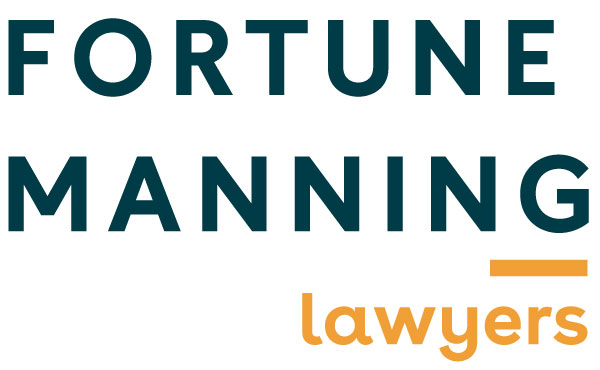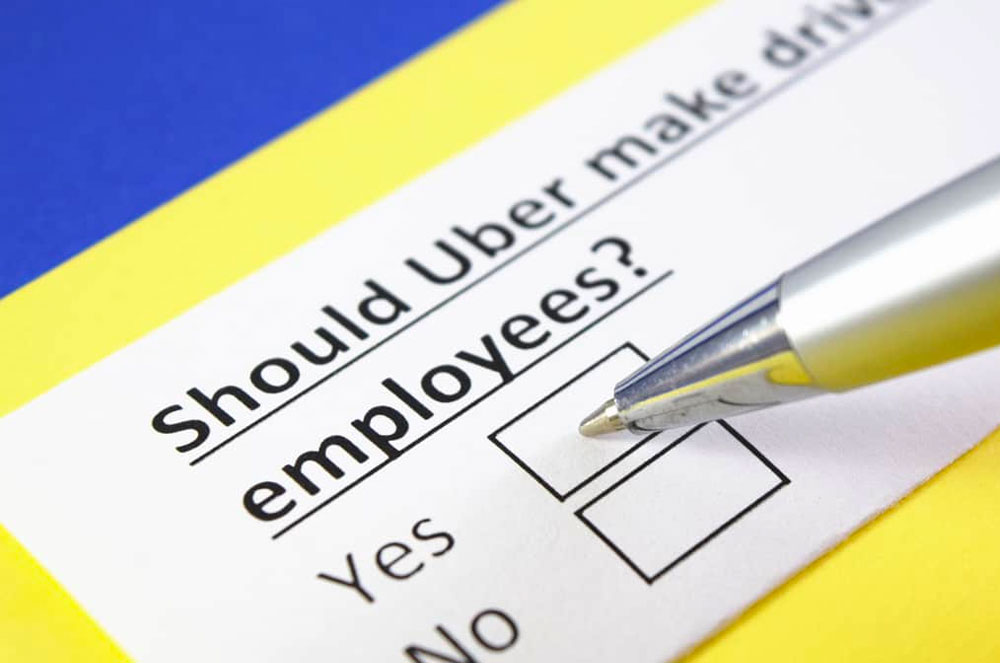Four Uber drivers have been declared by the Employment Court to be employees.
The four drivers all had written agreements with various Uber entities which specified that the entities were not employers but were instead just providers of the App that connects drivers to the digital platform and facilitators of the interactions on the platform. The drivers maintained that the real nature of the relationship was that the Uber entities employed them.
The Court did not accept that Uber were just providers of the App. It found that Uber ran a transport business and the drivers worked for that business.
The Court further said that the question of whether they were employees depends on the substance of the relationship and how it operates in practice rather than the label attached to the relationship in the agreement.
The Court found that Uber exercised significant control over each of the drivers. Uber had incentive schemes which rewarded consistency and quality, and rewards could be taken away for quality issues measured by user ratings. Uber had sole discretion to control prices, service requirements, guidelines, terms and conditions, and marketing. Drivers could not form relationships with customers, nor could they have a substitute driver to perform work for them.
The four Uber drivers will now be entitled to claim employee entitlements such as minimum wage, holiday pay, sick leave and Kiwisaver contributions and back pay for those entitlements.
The Court does not have jurisdiction to make broader declarations such as declaring all Uber drivers as employees. Other Uber drivers do not therefore instantly become employees. However, where, as here, there is uniformity in the way in which the Uber entities operate, and the framework pursuant to which the drivers are engaged, the Court’s decision will of course have broader impact.
Uber has vowed to appeal.


